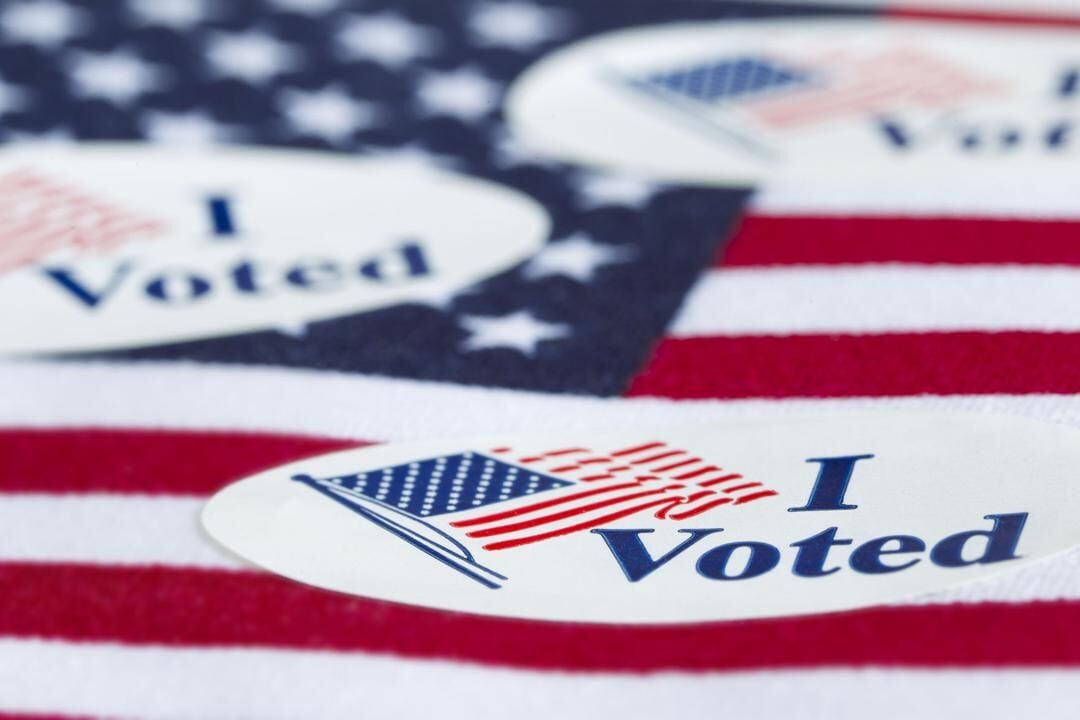Tucson voters will have their say on a new half-cent sales tax next spring.
The city council on Wednesday called for an election in March to raise the city sales tax to 9.2% to be primarily used to hire more police officers and firefighters, update their equipment and for workforce development and neighborhood improvements.
A special election will be held on March 11. It will cost the city about $1 million to conduct the election, City Manager Tim Thomure said in a memo.
The next steps are for the council to adopt a final spending plan to send to voters and a “Truth in Taxation” resolution to establish a citizen oversight commission to help “guide the program” over the next decade, Thomure said Wednesday night.
Arizona’s base sales tax is 5.6%. Pima County’s adds 0.5% more for the Regional Transportation Authority. Tucson currently has a 2.6% sales tax.
If it’s approved, the increased sales tax rate is expected to raise about $80 million per year over the next 10 years.
Called the “Safe & Vibrant City” ballot measure, the additional sales tax would be split between five areas deemed “quality-of-life” categories, the city says. They are:
- Money for first responders: $24.6 million mostly for police cars, fire trucks and assorted equipment: 30.75%
- Enhanced emergency response: $18.2 million mostly to hire more police officers, firefighters and 911 operators: 22.75%
- Affordable housing and shelter, $14 million mostly for assorted assistance programs for homeowners and renters: 17.5%
- Neighborhood and community resilience, $13.4 million mostly for workforce development, neighborhood improvements and early childhood programs: 16.75%
- Technology investments, $9.8 million for police body cameras, radios and a more modern air unit: 12.25%
Several speakers at Wednesday night’s council meeting said they did not oppose the idea of a higher city sales tax, but were critical of so much of the funds raised being spent on police. Instead, speakers pressed the council to put more of the funding toward addressing affordable housing, addiction and mental health services.
Thomure, responded to some of the criticism saying the five areas of tax funding interrelated rather than “silos” of individual categories.
“Some of the public safety includes operations like 3-1-1. None of the operations work without the 3-1-1 operation. So, while it is roughly two-thirds and one-third, they are interrelated, and they would depend on each other,” he said.
“If we do the upfront community investments, the housing investments, while we’re taking care of the emergency services needs today, the emergency services needs of the future would be decreased.”
When the council adopted a $2.3 billion city budget in June, it included investments in social issues like housing as well as road improvements and climate, Mayor Regina Romero said Wednesday night.
“We’ve intentionally put together these initiatives based on the feedback that voters have given us,” Romero said.
“We have created programs that we have seen real results. But it is not the complete picture... What you should understand is that housing investment in this particular initiative is not the complete picture. We are investing millions and millions of dollars from federal funds, from state funds, that is creating much more affordable housing,” Romero said. “We as a city cannot solve societal issues alone. And so this initiative is not the cure-all. It is a continuation of investing into a holistic and comprehensive approach to community safety, quality of life and a safe and vibrant city.”
Revenue for the new sales tax would go towards a variety of efforts. About $2 million a year would be used to shade bus stops, improved security and Wi-Fi on transit lines. And $2.5 million a year would be for the city’s Housing First program, while $1.4 million a year would go the Team Up to Clean Up program, which cleans up trash-filled areas in the city.
Thomure, in his memo, said this ballot measure is a reaction “to a projected $400 million loss of state-shared revenue over the next 10 fiscal years due to the Arizona Legislature’s adoption of the flat rate state income tax,” which was signed by former Gov. Doug Ducey in 2022.
The city is facing a two-year, $40 million decline in state-shared revenues largely due to the new flat tax, as previously reported by the Star.
Romero said that’s because the state Legislature is “taking away from local governments” like Tucson’s instead of boosting funding, “we need to invest in ourselves, and this particular plan is based on what you’re asking us for.”
Before the call for a March special election was passed, however, Romero did want the city manager and staff to re-look at one item: the $10 million allocation to rehabilitate and relocate Tucson City Court. Instead, Romero said most of that funding could be shifted into the city’s Housing First program.
“What I hear every single day ... (is) we need urgent and additional low-barrier shelter and transitional housing to accommodate more people within our Housing First strategy, and unsheltered people that do need mental-behavioral, substance use help,” she said. “This $10 million in the city court rehab and relocation, is something that I would like from that to low-barrier shelter and transitional housing.”
Thomure asked the city council to consider leaving the court as an item in the revenue budget with at least “some minimal funding.” Thomure said he was content with this change, as long as the $1 million allocated annually to building a mobile courts system remained intact. It did.
The council, however, amended the funding plan so the majority of revenue initially earmarked for city court shifted to the Housing First program.





